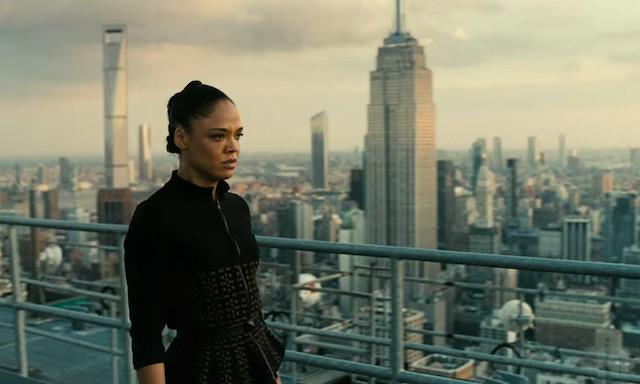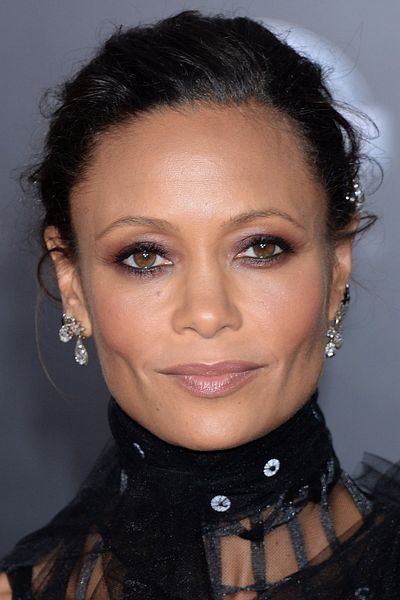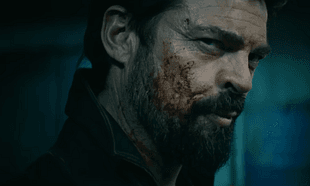It's probably a symptom of the world we live in that 'Westworld' has caught up with it, and is now starting to hit the right notes. Was it that the first two seasons were ahead of its time? Not necessarily.
The third season jettisoned much of the shifting timelines and confusing story structures for a sleeker, more refined story about the dawn of artificial intelligence and algorithms infusing themselves with reality. Looking at what's going on in the US, and how extremism has taken root with help from algorithmic indifference, 'Westworld' is now starting to make a lot of sense. Indeed, what makes the fourth season that much more frightening is what if that indifference and callous nature were suddenly made flesh, and with its sole purpose to dominate, what would happen then? As it turns out, the horrors are pretty much what you'd expect.
Of the four episodes out of eight we saw, it's safe to say that 'Westworld' is now well and truly in its groove. It's ditched the theme park sideshow stuff - save for one episode, which acts as a witty reassessment of the opening two seasons. Instead, the show is now firmly placed on a track of cyberpunk mystery, combining our present world with a future one in some pretty overt ways. There are nods to both superspreader events, climate desolation, and the widening gap between rich and poor.
Four seasons in, Thandiwe Newton and Ed Harris are both old hands in their characters. Newton's character has only gotten tougher, while Ed Harris' character has shifted to becoming less of a villain and more of a henchman. Tessa Thompson, in particular, dazzles with cold glamour as the mastermind Charlotte Hale, while Aaron Paul's gruffness acts as an anchor to the last season. Evan Rachel Wood, it seems, has less to do this season than previous ones, taking on more of the mystery than anything else that will - we hope - reveal itself more thoroughly in the later seasons. The double-act of Luke Hemsworth and Jeffrey Wright only gets a look-in at the fourth episode, which really sets up the remaining four episodes of the season.
Of course, it's not 'Westworld' without some confusing plot holes and some awkward narrative mechanics at work. Yet, this season shows that the writers' room has figured out how to make them not quite so infuriating. It's ambitious stuff, yes, but it's as though they've finally begun to understand what they grapple with effectively. If you're tempted to delve back in, you could easily ignore the second season and move in at the third and pick things up from there. The fourth season so far has enough connective tissue with it and with the first two seasons, but is pushing ahead in new directions.
'Westworld' was never going to win huge audiences like 'Game of Thrones' or 'Stranger Things'. It was far too weird and complex for that, and after four seasons, it seems as though they've become content with that idea and are now less concerned with trying to bewilder audiences and more focused on engaging them.
It's a rare thing nowadays for a show that's been as polarising as 'Westworld' to get four seasons and be given a chance to find itself along the way. The trope in TV is that a show has jumped the shark if it's been around too long, in reference to Fonzie jumping over a shark in 'Happy Days'. The opposite of this trope is called growing the beard. The trope references 'Star Trek: The Next Generation' and 'Star Trek: Deep Space Nine'. In both series, the show noticeably got better in its third and fourth season, around about the time two main characters in each series - Riker in 'The Next Generation', Sisko in 'Deep Space Nine' - suddenly sprouted beards.
'Westworld' might not have a full beard yet, but it's definitely gotten some stubble.



















































































